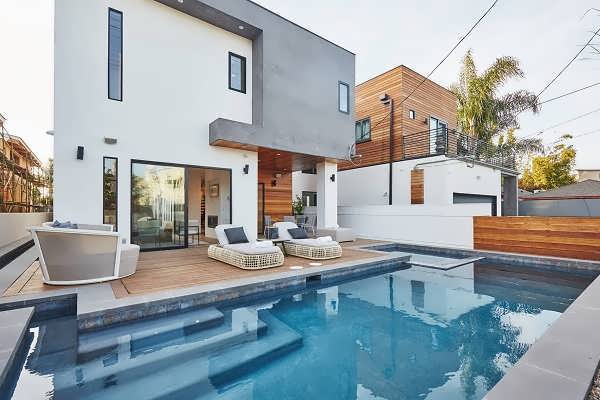Should you include utilities in your hard money rental prices?
Should you charge your future tenants for utilities? A tough decision to make, right? Obviously, including utility costs in a hard money rent can sometimes earn profits to the landlords, reducing potential hassles with tenants. However, on the other hand, if the tenants do not intend to save energy and waste as much utilities as they want, this could cost you higher-than-usual utility bills which may even surpass the maximum expenditures you have ever imagined. To include or not? Here’s a simple principle you can refer to — researching on the local market and considering the pros and cons of asking the tenants to pay for their own utilities instead of counting them down in the rent. What your business model as a landlord you appreciate, then what choice you are to make.
Include utilities in the rent: Pros
More profits
Since you can refer to the previous highest monthly bill for electricity, gas and water on your property over the past year for reference, you can get a rough understanding of the range of a monthly utility cost. Accordingly, you are at a seller’s position, not only providing your future tenants with a convenient service instead of setting up accounts and paying costs distinctively on several platforms all by themselves, but also you are able to mark up the price. Especially in those months when utility bills are lower, i.e. tenants on vacation or out of town, you are sure to make extra money.
Include utilities in the rent: Cons
Higher competition
As you include the utility costs in your rents, your listing price may appear higher than competitors in the area. When people are searching for apartments, they are simply comparing the final prices without taking the utility costs into consideration. Consequently, your rentals will be less advantageous in price only if the tenants have a clear understanding of how much utilities are needed to be covered.
Potential risks
What if tenants ask you to pay the rent late? You are still responsible for the utility bills! If a tenant is in a financial difficulty who is separating the rent from the utility bill, he may simply negotiate with you to suspend the rent due date but will definitely continue to pay the electricity bill first. Simple reason: he just doesn’t want to get cut off the electricity. But it’s totally another scenario if the rent bill includes both the rent and the utilities. The tenants are highly likely not to pay you at all. However, you must keep the basic utilities, i.e. heat, water and electricity turned on even if a tenant is late with the rent.
In today’s highly competitive and saturated market, it is a smart strategy if you choose to roll the utility costs into the rent bill, especially if you can lower the fixed costs and lift the profit. Having a property manager to help you watch out on the bills and the tenants, you are free to leave those worries and risks behind, win-win for you and your tenants.
Benjamin Donel, CEO

